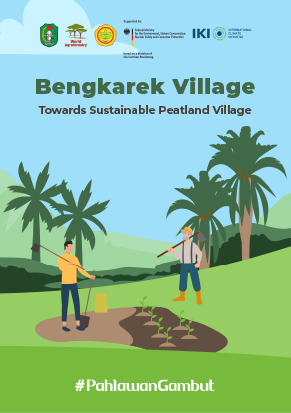We review previous efforts in integrating environmental and social monitoring, as well as efforts specific to REDD+, and discuss how old and new knowledge can contribute towards integrated monitoring. We observe that there are many challenges, but strong advantages, in an integrated monitoring approach. The current emergence of diverging standards and methodologies with narrow focus can inform future integrative efforts but could, in the long run, hinder coherence in national processes. We conclude that recent technological advances open new opportunities to integrate information across scale and disciplines, leveraging and combining existing data with targeted additional measures. The application of mixed methods in data collection can foster integration, in particular from the local level upwards. However, this requires greater coordination at higher levels to efficiently upscale multiple data streams. The unequal standpoint of carbon, social and environmental monitoring efforts provide a timely opportunity to promote integration, learn from advances in carbon monitoring, and build on existing and emerging platforms and tools that are locally to globally relevant.
Download:
DOI:
https://doi.org/10.1016/j.cosust.2015.04.003Altmetric score:
Dimensions Citation Count:
Publication year
2015
Authors
de Sassi, C.; Joseph, S.; Bos, A.B.; Duchelle, A.E.; Ravikumar, A.; Herold, M.
Language
English
Keywords
climate change, monitoring, social environment
























